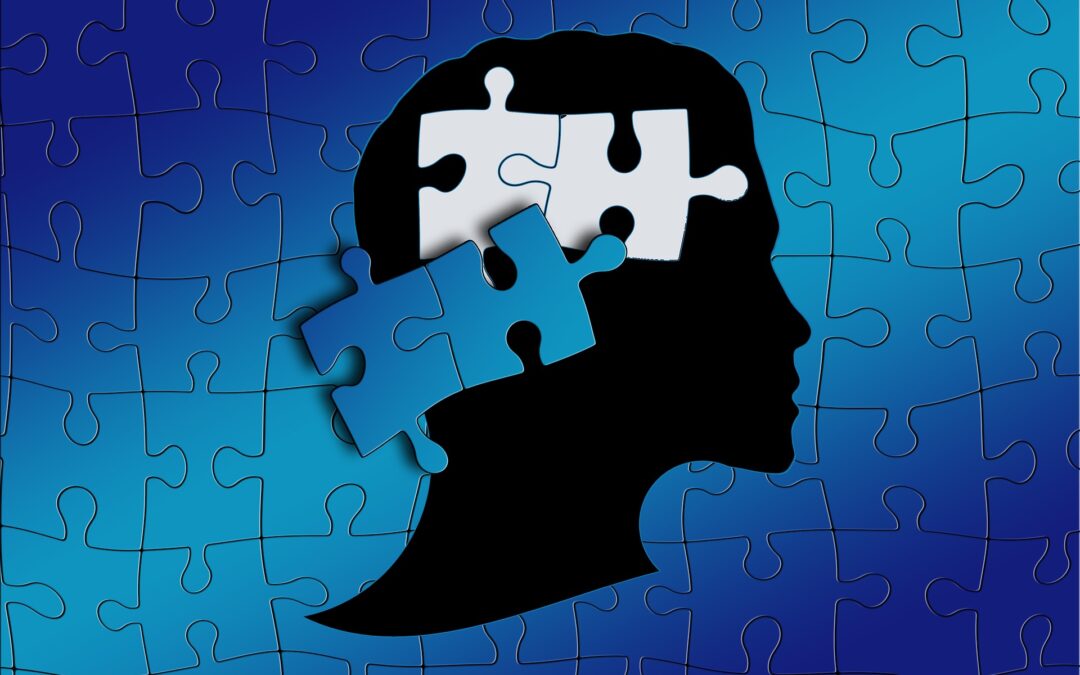Attention-Deficit / Hyperactivity Disorder (ADHD) is a very real mental health condition. Those who suffer from ADHD may experience trouble sleeping, fidgeting, forgetfulness, and may be prone to making careless mistakes. However, the symptoms of ADHD overlap with those of several other mental health disorders. This makes it easy for physicians to diagnose a patient with ADHD when, really, they are struggling with another condition entirely.
Similarities Between ADHD and Bipolar Disorder
The symptoms of bipolar disorder closely mimic ADHD symptoms, making it difficult to distinguish between these two conditions. Both conditions cause mood swings, tantrums or outbursts, restlessness, impatience, and excessive talkativeness.
Differences Between ADHD and Bipolar Disorder
The differences between the two conditions are often minor and can easily go unnoticed. One major differentiator is that ADHD is often diagnosed in children, while bipolar disorder doesn’t generally emerge until late adolescence or early adulthood.
Another difference is in the frequency of symptoms. ADHD symptoms are more continuous, while the symptoms of bipolar disorder only occur during episodes of mania or depression.
The duration of mood swings will also differ slightly in patients with ADHD compared to patients with bipolar disorder. With ADHD, mood swings last—on average—20-30 minutes, while the mood swings associated with bipolar disorder last longer—more than two weeks for depressive episodes, or one week for manic episodes. However, during a manic episode, a patient may exhibit many ADHD symptoms, especially trouble sleeping.
Behaviorally speaking, those diagnosed with ADHD often misbehave accidentally. Those with bipolar disorder tend to blatantly disregard authority and act impulsively.
So, How Do You Know Which Diagnosis is Right?
The only way to accurately diagnose ADHD or bipolar disorder is with the help of a mental health professional. A neuropsychological examination will yield more definitive results and help guide you toward the most appropriate treatment plan.
What Are the Treatment Options for Bipolar Disorder?
Bipolar disorder is often treated with psychostimulants or antidepressant medications, alongside talk therapy. Ketamine infusion therapy is also an effective treatment for adolescents or adults suffering from this mental health condition.
Are There Other Conditions That May Mimic ADHD?
In addition to bipolar disorder, some other conditions that may present similarly to ADHD include:
• Autism
• Low blood sugar levels
• Sensory processing disorder
• Sleep disorders
• Hearing problems
If you or your child has been diagnosed with ADHD, but aren’t sure it’s the right diagnosis, please talk to your physician or mental healthcare provider. You may have bipolar disorder, or another condition that presents with ADHD symptoms.
For those already diagnosed with bipolar disorder, if you have been struggling to find an effective treatment, please contact us to learn more about ketamine for bipolar disorder and how it could help you find the relief you’ve been looking for.
CONTACT VIP KETAMINE CLINICS

